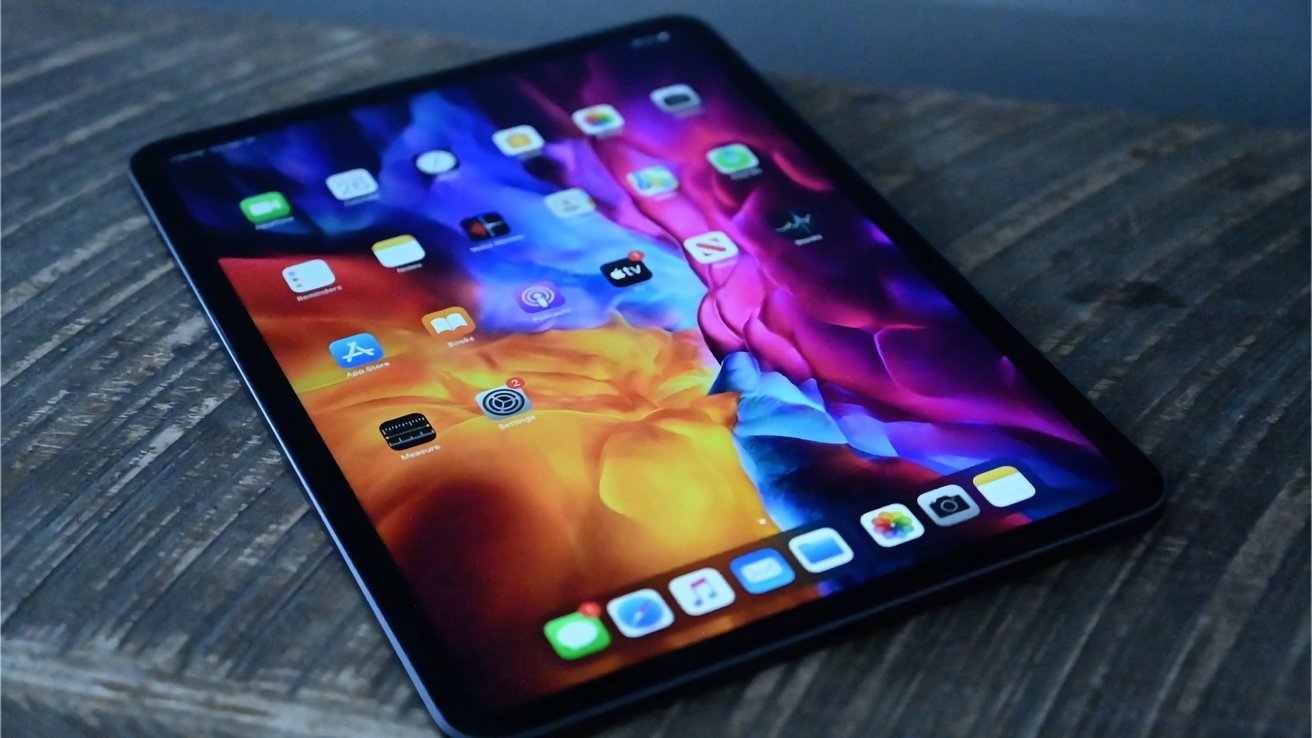Apple users are keeping their iPads for a very long time
Over the last few years, Apple customers have extended their upgrade cycles for iPads, possibly making the new models an appealing choice for those ready to purchase.

11-inch iPad Pro
Apple announced on May 7 the long-anticipated new iPad models. The new iPad Pro is thinner than ever and has a new M4 chip, while the iPad Air is larger.
Analysis of iPad buyer behavior over the past three years indicates that customers are extending the life of their devices. In the most recent 12-month period, nearly two-thirds of new iPad buyers who previously owned an iPad had kept their old devices for at least two years.
The numbers are an increase from 2022 when only half of the buyers had kept their iPads for that long, according to Consumer Intelligence Research Partners (CIRP).
Most notably, there has been a rise in consumers who retained their iPads for three or more years before purchasing a new one. The segment grew to 40% of recent buyers, up from 28% in 2022.
Customers typically upgrade when their current device experiences issues such as battery life degradation, insufficient storage, or general usability problems. However, some hold out for new models that offer compelling features or performance improvements.

Age of previous iPads (annual period ending in March)
People also changed their spending behavior due to the COVID-19 pandemic, which is not addressed in Wednesday's report. During the lockdowns in 2020 and 2021, many consumers upgraded their Apple devices, including iPads.
The extended upgrade cycles can also be attributed to the high quality and longevity of Apple's products, which have set a high standard for durability and performance.
The pattern highlights the importance of innovation in driving sales in the tech industry. Consumers need compelling reasons to replace their devices, mainly when existing models perform adequately.
Apple's challenge has always been consistently delivering features that justify investing in a new device. Looking ahead, the iPad market is poised for a resurgence as users waiting for the right moment to upgrade finally make their move. The introduction of new models will likely rejuvenate interest. What it does for long-term replacement cycles remains to be seen.
Read on AppleInsider

Comments
In practice this means 6+ years. While we can easily afford to buy every few years, we just don't see the need.
We only use our iPads for consumption, so a faster CPU is somewhat meaningless.
We only use the front camera for Facetime calls with family. We never use the back camera (we have iPhones for those types of photos).
What we want in new iPads, Apple is not providing:
* lighter weight
* higher screen resolution
I would love an iPad, if I could install what I wanted, could compile software and it could connect to as many USB peripherals as Macs. That's not going to happen, therefore an iPad is not for me. Steve said it's better for your products to cannibalise each other, than a competitor eating into your sales instead. It's obvious Cook is keeping the iPad as little more than a basic MS Word-pad so it doesn't eat into Mac sales.
Same thing I believe is happening with Macs. 7+ average life
Best thing Apple can do is keep adding new users to the installed base. Eventually, units sales will increase as the average device life plateaus
Weight for 7 year old iPad Pro is 437 grams and latest iPad Air (M2) is 462 grams. That is an increase.
I lied.
Yesterday afternoon we bought a new iPad Air (M2).
1. We had the money.
2. We bought a model with 256GB. We are also getting a $100 trade-in with Apple for an old iPad Pro (9.7)
We figured that we would have to by a new one within a year or so. So, we bought now.